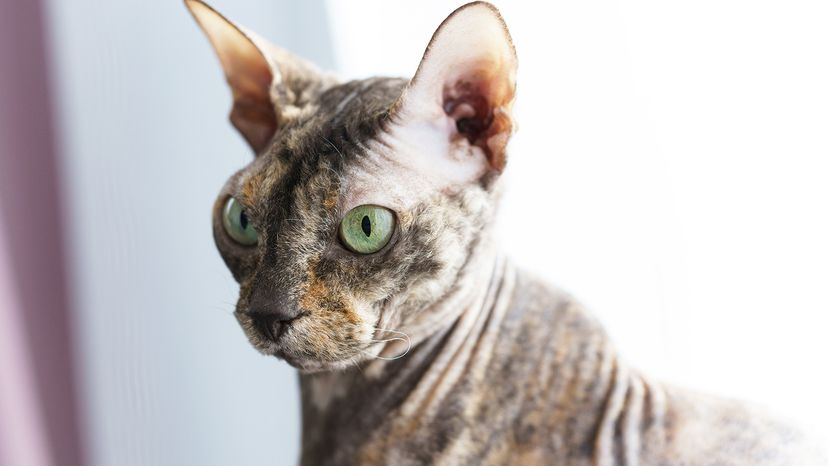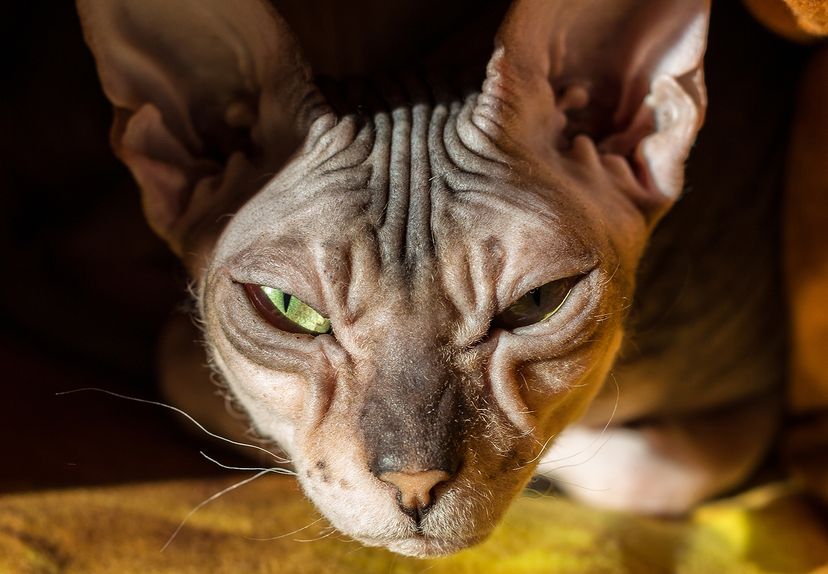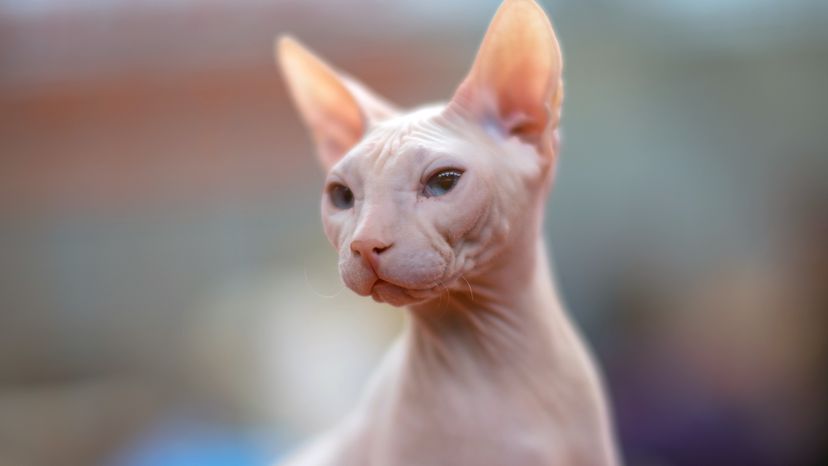
With its elf-like appearance and often completely hairless bodies, the Donskoy cat is one of the most distinctive cat breeds in the world.
Also known as the Don Sphynx, this hairless cat breed originated in Russia and is now recognized by the International Cat Association and the World Cat Federation, though not all cat registries recognize it.
Advertisement

